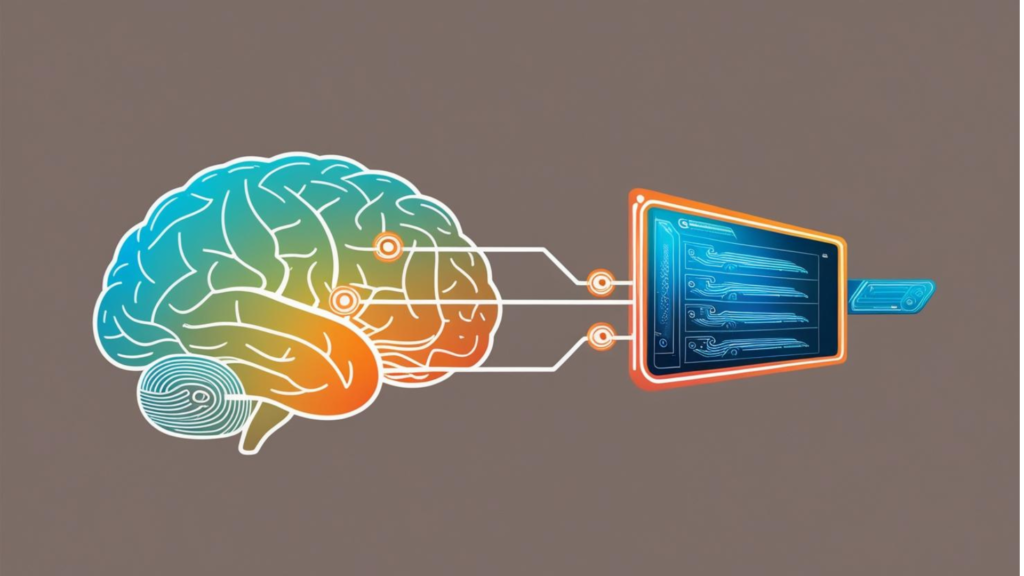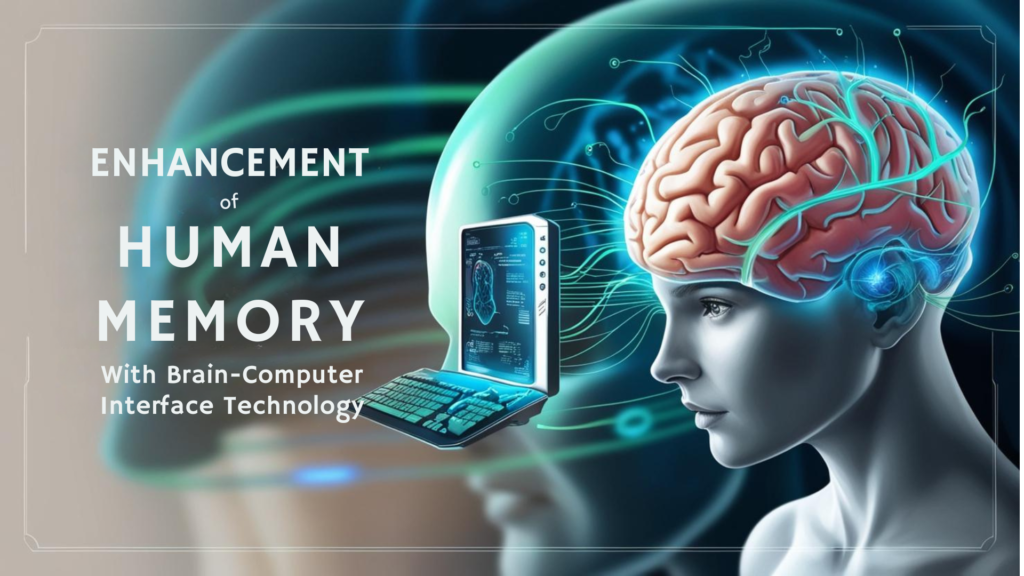Enhancing Human Memory with Brain-Computer Interface Technology
Table of Contents
The realm of cognitive enhancement has evolved significantly over the past few decades, with Brain-Computer Interface (BCI) technology at the forefront. By providing a direct communication pathway between a human brain and an external device, BCIs have opened exciting possibilities for improving and augmenting human cognitive functions. Among these functions, episodic memory, or the ability to recall specific events from the past, stands to benefit from this revolutionary technology.
Understanding Episodic Memory
Episodic memory is a subset of long-term memory involved in the recollection of specific personal experiences. It encompasses time and space, reflecting individual events and actions we perform. Unlike semantic memory, which deals with general knowledge and facts, episodic memory allows us to reminisce about past personal experiences. Enhancing this memory channel could profoundly impact our daily lives, education, and mental health.
The Role of BCIs in Memory Enhancement
BCIs work by interpreting the brain’s electrical signals and translating them into commands for external devices. In the context of enhancing episodic memory, BCIs focus on stimulating or modulating brain regions responsible for memory formation and retrieval. Here’s how they can aid in memory enhancement:
- Monitoring Brain Activity: By tracking brain signals, BCIs can identify patterns related to memory tasks.
- Targeted Stimulation: BCIs can stimulate specific brain areas, enhancing the neural processes involved in memory recall.
- Neurofeedback: This technique provides real-time feedback on brain activity, allowing individuals to practice memory improvement strategies.
Advancements in BCI Technology

The field of BCIs has witnessed substantial growth, driven by technological and methodological advancements. Here’s a look at some key developments:
- High-Resolution Brain Monitoring: Modern BCIs can detect subtle neural signals with high precision, providing a more accurate understanding of brain activity related to memory.
- Non-invasive Techniques: Although invasive BCIs provide detailed data, non-invasive alternatives like EEG or fNIRS are gaining popularity for their ease of use and safety.
- Artificial Intelligence Integration: By incorporating AI, BCIs are becoming more adept at interpreting complex neural patterns associated with memory processes.
Experimental Studies and Findings
Numerous experimental studies have shown promising results in using BCIs to enhance episodic memory. Let’s delve into some notable findings:
- Improved Recall: Participants using BCIs have demonstrated enhanced ability to recall specific episodic events compared to control groups.
- Mnemonic Devices: BCIs have improved the effectiveness of mnemonic devices, further turbocharging memory enhancement.
- Memory Rehabilitation: BCIs are showing promise in rehabilitation for memory impairments, offering hope for patients with memory-related disorders.
Potential Applications
The potential applications of BCI-enhanced episodic memory are vast:
- Education: Improved memory could lead to better academic performance and quicker learning processes.
- Workplace Efficiency: Employees could recall tasks more accurately, potentially boosting productivity.
- Mental Health: Enhancements in memory can improve conditions like anxiety and depression, which often co-exist with memory impairments.
Ethical Considerations
While the potential benefits of BCI technology in memory enhancement are substantial, ethical considerations must be taken into account:
- Privacy Concerns: BCI technology involves accessing sensitive brain data, raising questions about data security and privacy.
- Equity and Accessibility: Ensuring that BCI technology is available to all, irrespective of socio-economic status, is crucial.
- Informed Consent: Participants should have a clear understanding of the risks and benefits of BCI usage.
The Future of BCIs in Memory Enhancement
The future looks promising for BCI technology and its application in enhancing episodic memory. As research and development continue, we can expect:
- Broader Adoption: As BCIs become more user-friendly and cost-effective, they will likely become a staple in cognitive enhancement strategies.
- Advancements in AI: With the integration of sophisticated AI models, BCIs will offer more personalized and effective memory enhancement solutions.
- Holistic Cognitive Enhancement: Beyond episodic memory, BCIs will aim to improve various cognitive functions, providing a comprehensive cognitive upgrade.
In conclusion, Brain-Computer Interface technology heralds a new era in cognitive enhancement, particularly in the domain of episodic memory. As we continue to explore and advance this field, we find ourselves on the cusp of a future where human capabilities may be significantly expanded, offering uncharted possibilities for personal and professional growth.



